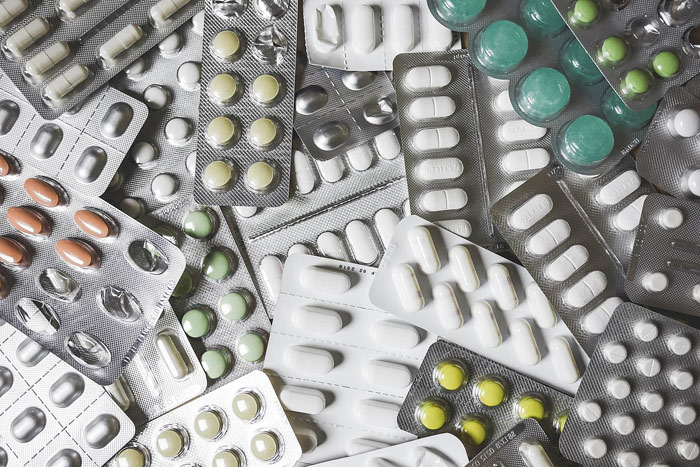How to Prevent Early Menopause?
We don’t expect the advent of menopause until we turn 45, and maybe even a few years later, when women are physically and psychologically prepared for it. With some women menopause hits soon after their 40th year, a bit earlier. But if it descends well before its time, unheralded and unwelcome, catching us unawares – which may occur in the 30s and with some even in the 20s – that would be a really unpleasant happening. It may be due to some medical procedures the woman underwent, an illness or a bad case of stress, or it may be natural. Fortunately, premature menopause is a fairly rare occasion, dubbed “premature ovarian failure” or “primary ovarian insufficiency” and afflicting approximately one percent of American women.

There are two reasons for early menopause: follicles have depleted or started to dysfunction. It prevents eggs from getting mature, and the period halts.
Although the rates are not very high, the later menopause manifests itself, the better. It brings about impaired mental state, diminished sex drive, joint pains, moodiness, and even bone loss caused by too little estrogen in the body. Some of these disorders welcome early treatment.
Also, other sorry conditions can be aggravated, both physical and mental: anxiety, depression, and, of course, infertility.
While there are women who can conceive when having a premature menopause, many develop infertility and have to resort to in-vitro fertilization or adopt children.
Can early or premature menopause be prevented? In some cases the answer is definitely “yes.” A few changes in the lifestyle can prove crucial – like giving up smoking or watching your weight. Smoking can increase the early menopause risk significantly (up to 40%), while being underweight may cause a premature reduction of the estrogen level.
This goes to say that measures to prevent an early advent of menopause can and should be taken. Most of them are related to a healthy lifestyle: controlling the intake of alcohol, caffeine, ensuring that your diet is properly balanced.
But some cases will require a more serious approach. If you have reasons to expect early menopause (say you have a family history of it), consult your family doctor if it would be worth your while to go for HRT – hormone replacement therapy. In any case, it is advisable to find out more about estrogen therapy for menopause. Then, have your doctor prescribe you all tests there are to exclude the possibility of ovarian cancer or polycystic ovary syndrome.

To protect your bones from osteoporosis you will need extra estrogen and progestin to make up for an insufficient amount in your body. Again, this should be arranged with your doctor because there are certain risks involved.
If your diet doesn’t provide you with enough Vitamin D and calcium, you should get supplements. Women should get a daily dose of 1,000 milligrams of calcium from the age of 19 and more when they get over 51. A usual recommended dose for Vitamin D runs from 600 to 800 international units.
There are psychological difficulties connected with having early or premature menopause. You might need to join a support group to hare your emotions, reveal your concerns to the doctor and listen to what they have to say. You can’t know too much on this topic, for you may have to take judicial decisions about treating your individual condition.
